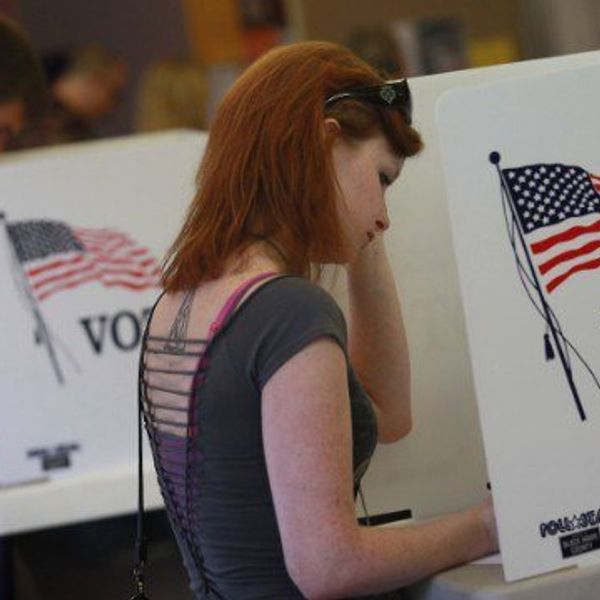In my first piece, I posited that relationships tend to involve and breed antagonism when multiple parties are pursuing an object that can only be possessed by one party. By contrast, shared pursuit of an object can be healthy when that object is beyond sole possession. (If that sounds confusingly abstract, I used romantic relationships to illustrate what it looks like in action.) Starting in this piece, I want to begin describing how this dynamic explains a lot of the heat around contentious cultural and political issues.
It won’t work to just claim that my argument above explains "the culture wars." It accounts for at least some instances of antagonism, but not necessarily all. If my argument explains a lot about present-day cultural/political jousting, it’s because the different "tribes" in a given conflict are all pursuing a common object that only one "tribe" can hold. Before discussing how cultural "tribes" pursue that kind of object (and what I think that object is), I should explain how I think cultural/political "tribalization" tends to happen.
With Adam Duritz’s brilliant existential phrase, “you don’t wanna waste your life,” let me walk through a few observations about how the desire to not waste one’s life applies to one’s political and cultural views.
First, if you’re anything like the rest of us, you want to believe true things about how politics and culture should run, because you don’t want to go through life believing wrong things about big issues. Further, because of confirmation bias, if you’re anything like the rest of us you want the things you believe to be true. In at least some cases, this drives you less toward open-handed truth-seeking and more toward claims that validate your existing ideas about, for example, how politics and culture should run.
Second, there are a few reasons why the present-day Americans can tend to think that one’s opinions about "macro-level" politics are an especially important part of one’s moral life. For one, as we experience the overall disintegration of "micro-level" and "meso-level" forms of community, we lose sight of how civic organizations at these levels can be societally influential. Additionally, the internet constantly reminds us of the sweeping, global scope of human society. It’s easy to understand how we can tend to think only of extremely high-powered political positions and entities–the U.S. presidency, for example, or a major political party–as really meaningfully influential, and thus as the proper objects of our societally-oriented moral focus.
From these two observations, it should be clear how one’s desire to not waste one’s life can tend to produce political tribalization. Of course you want to be right about major socio-cultural issues, and of course the highest and most influential sectors of politics are the place to really have an opinion, and so–of course–you tie in and sign on with the high-powered group (most typically, the political party) that best represents your macro-level moral priorities.
Since this has turned out to be pretty theory heavy, I’ll conclude here. Tune in next week for more!





















